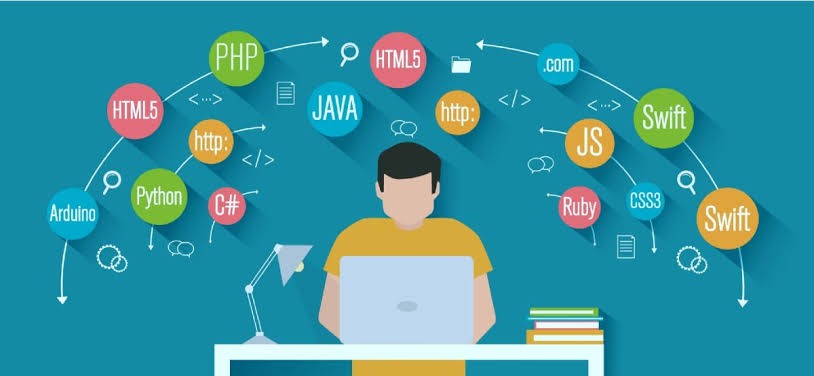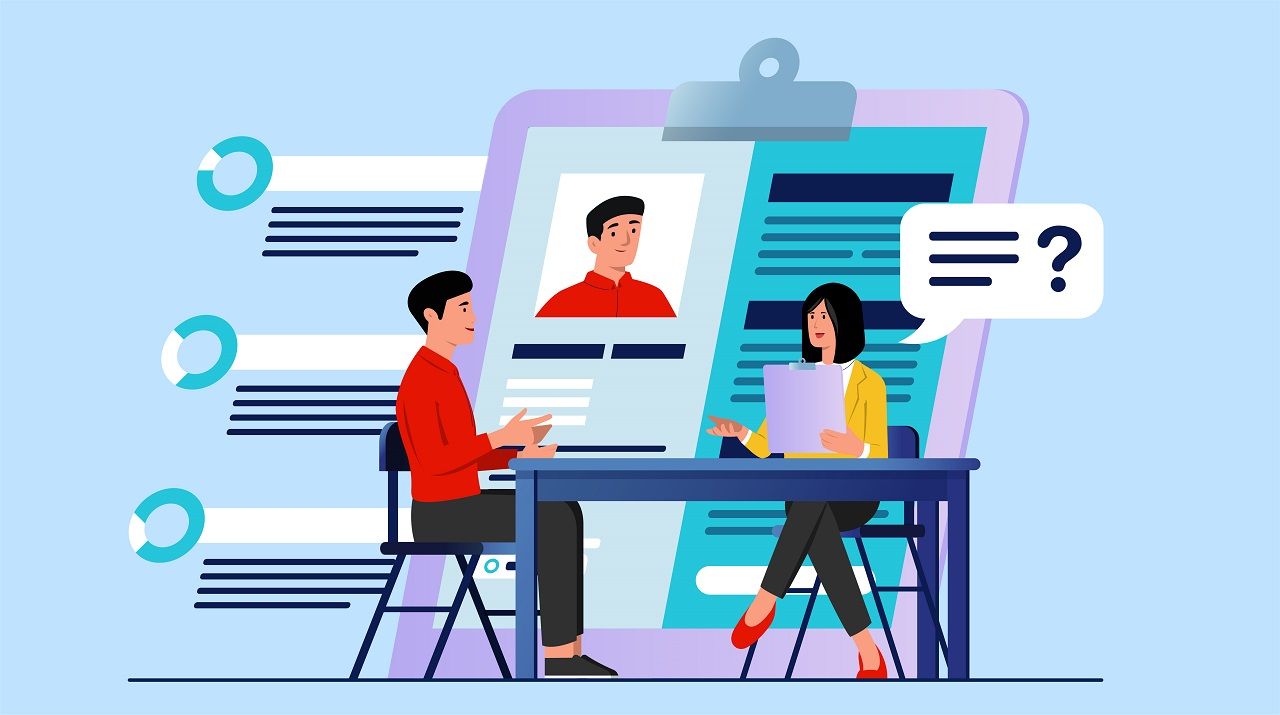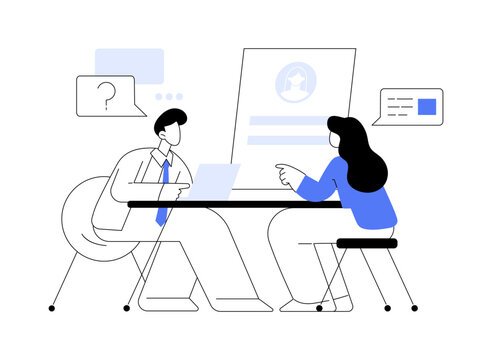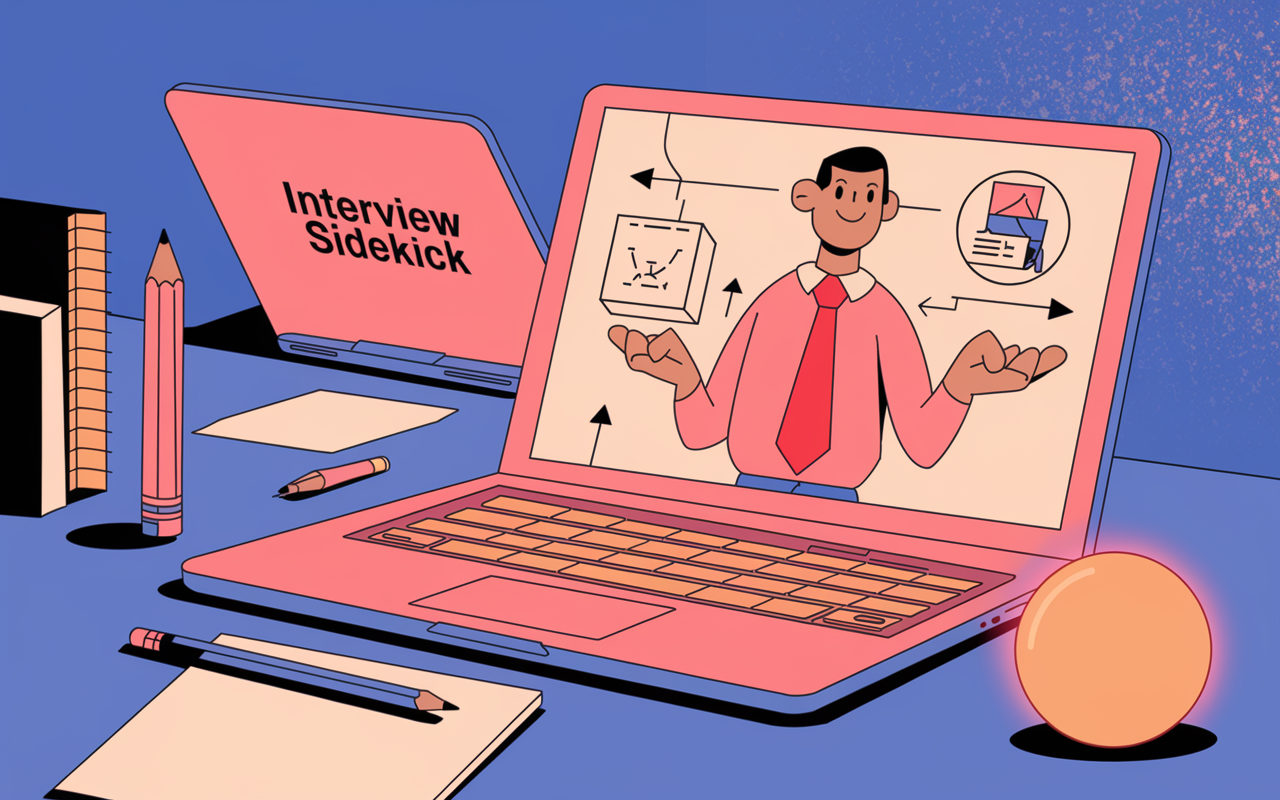How to Prepare for a Technical Interview: Tips, Practice, and Key Questions
Introduction
Technical interview preparation can be tough; however, it can become much easier when you have a clear plan on how to prepare for a technical interview. The technical job interviews are always different depending on the company, position, and style of interview (whiteboard coding, take-home task, phone as a technical screening interview, etc.)

This guide will cover key areas to focus on, practical preparation tips, common interview questions, and advice for cracking the interview process. Are you ready?
Key Topics to Prepare for a Technical Interview
Preparing thoroughly for a technical interview means covering key topics that will likely come up in the questions. Building a strong foundation in these areas ensures you can tackle challenges with confidence.
Core Concepts and Coding Skills

To crack a technical interview, you should have good DSA skills. Focus on these essential areas:
- Algorithms: You should study common algorithms such as sorting, searching, and graph traversal.
- Data Structures: Know arrays, linked lists, stacks, queues, hash tables, trees, and graphs.
- Problem-Solving: Work on coding challenges and break down complex problems. Practice on platforms like LeetCode and HackerRank to improve your approach and speed.
- System Design (for senior roles): For advanced roles, learn to design scalable systems and explain architectural decisions.
Practice with Technical Interview Questions
Practicing typical interview questions can build confidence. Mock interviews can help you get a real experience.
- General Technical Interview Questions: Start practicing with basic coding questions that cover arrays, strings, and number manipulation.
- Role-Specific Developer Interview Questions: Focus on questions related to your role.
- Company-Specific Questions: Research questions common to the company you’re interviewing with. For example, Amazon may have unique question types or problem patterns.
Effective Technical Interview Preparation Tips
To get ready for a technical interview, it is not enough to just have the knowledge of the topics but a systematic mechanism should be put in place to make the most of one’s study session. There is some key information which is required to prepare adequately.

Best Ways to Prepare for Technical Interviews
- Create a Study Plan: Develop a study timetable Initiate it providing the main subjects pertinent to the role itself.
- Effective Time Management: Having a suitable combination of thorough studying with frequent working. Do not let difficult subjects discourage you and have them graduated while coding en bloc specifically where all strength is spent.
- Solve Exercises Daily: Spend some time on coding exercises as a part of your study activity on a daily basis. Websites such as LeetCode, HackerRank, and CodeSignal challenge and thus motivate you.
- Review and Reflect: At the end of your studies, think about what you have read, and understood, and make sure you have noted it all.
Importance of Technical Mock Interviews
Mock interviews are effective in preparing for a technical interview. Here’s how they can improve your readiness:
- Create a Real Interview Environment: Mock interviews help you practice under conditions similar to the actual interview.
- Improve Your Communication Skills: In a technical interview, how you explain your thought process can be as important as solving the problem itself.
- Identify Your Weak Areas: Mock interviews highlight areas that may need more work, whether it’s a specific data structure, problem type, or coding efficiency.
- Boost Your Confidence: Practicing multiple mock interviews helps reduce nervousness and boosts confidence.
Consider scheduling mock interviews with friends or using online platforms that offer real technical interviews, such as Interview Sidekick or Interviewing.io.
Tips for Cracking a Technical Interview

Success in a technical interview isn’t just about knowing the right answers; it’s also about demonstrating the right approach and mindset. Here are some essential tips:
- Adopt a Problem-solving Mindset: Think critically and try to solve the problem with the best approach.
- Communicate Clearly: As you work through a problem, share your thought process with the interviewer. Talk through your logic, potential solutions, and any assumptions you’re making. This gives the interviewer insight into your approach and helps them understand how you think.
- Stay Calm Under Pressure: Technical interviews can make you tense, but managing stress is key. Stay calm and approach the problem from another angle.
- Focus on Efficiency: Your solutions should be optimized. Interviewers like candidates who can evaluate their work and improve it when possible. This may include reducing time complexity and improving readability.
- Demonstrate Flexibility: Be eager to listen to feedback that may not be official, that is, other than the feedback that the interviewer gives you, but references may yet be of some assistance to you.
Technical Interview Cheat Sheet
In the final days before the interview, it’s helpful to have a quick-reference cheat sheet for last-minute review. Here are some key areas to include:
- Core Formulas and Algorithms:
- Sorting algorithms (e.g., quicksort, mergesort) and their time complexities.
- Searching techniques (e.g., binary search).
- Key data structures and how to use them (e.g., hash maps for O(1) access, graphs for traversals).
- Big O Notation Review:
- Memorize basic time and space complexities for common data structures and algorithms.
- Key Problem Patterns:
- Review common question types like two-pointer problems, recursive solutions, and dynamic programming basics. Recognizing these patterns helps with faster problem-solving.
- Practice Tips:
- Remember to articulate your process, break down problems into smaller steps, and prioritize clear and efficient solutions.
- Mindset Reminders:
- Stay calm, think out loud, and approach each problem with a positive, problem-solving attitude.
Key Questions to Ask During and After a Technical Interview
Asking questions is an important part of the interview process. It shows your interest in the role and helps you assess if the position is a good fit.
Technical Questions to Ask Interviewers
Asking technical questions can give you insights into the team, tools, and work environment. Here are a few examples:
- “What technologies and tools does the team primarily use?”
- “How does the team approach code reviews and collaboration?”
- “What is the biggest technical challenge the team is currently facing?”
Questions to Ask After a Technical Interview
After the interview, consider asking follow-up questions to gain valuable feedback and insights:
- “Is there anything you’d like me to clarify or elaborate on regarding my answers?”
- “What are the next steps in the hiring process?”
- “If possible, could you provide any feedback on my interview performance?”
Conclusion
Getting geared up for acing technical round of an interview isn’t something anyone could work out hastily. It requires consistency, time, making a plan, and getting through the subject logically. Focusing on the most important points, regular practice, and a clear understanding of technical and non-technical sections of the interview will help you relax before you even reach for the handle. Remember – the more you do it, the more the nerves diminish. All the best!




